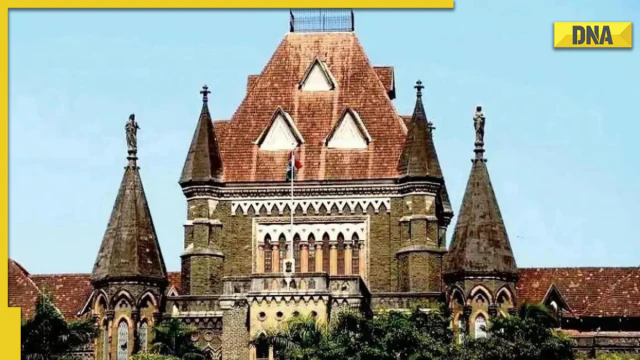A positive DNA test would constitute clinching evidence against the accused
The Bombay High Court has recently ruled that the DNA test cannot be used as “conclusive evidence” in a rape case. It can only be used for the purpose of corroboration. Justice Bharati Dangre of the Bombay High Court made this observation when she rejected the bail application of a Navi Mumbai-based man, accused of raping a minor 14-year-old girl from his neighborhood.
On July 26 the court had rejected the bail plea of that accused rapist, but a detailed order was set out on Friday. In September 2020, last year the accused was arrested. He had been allegedly accused of raping the minor girl for 10 days. The crime had come out to the surface when the minor girl complained about severe stomach pains. Her medical tests revealed that she was pregnant. An FIR was lodged against the man in Navi Mumbai, as per the charge sheet.
The court had said that the DNA test was negative there was no good reason to disbelieve the testimony of the victim, who had narrated the act of sexual abuse upon her. The DNA test cannot be said to be “conclusive evidence”, but it can be used as corroborative evidence, Justice Bharati Dangre said.




The Brief. Sign up to receive the top stories you need to know right now.